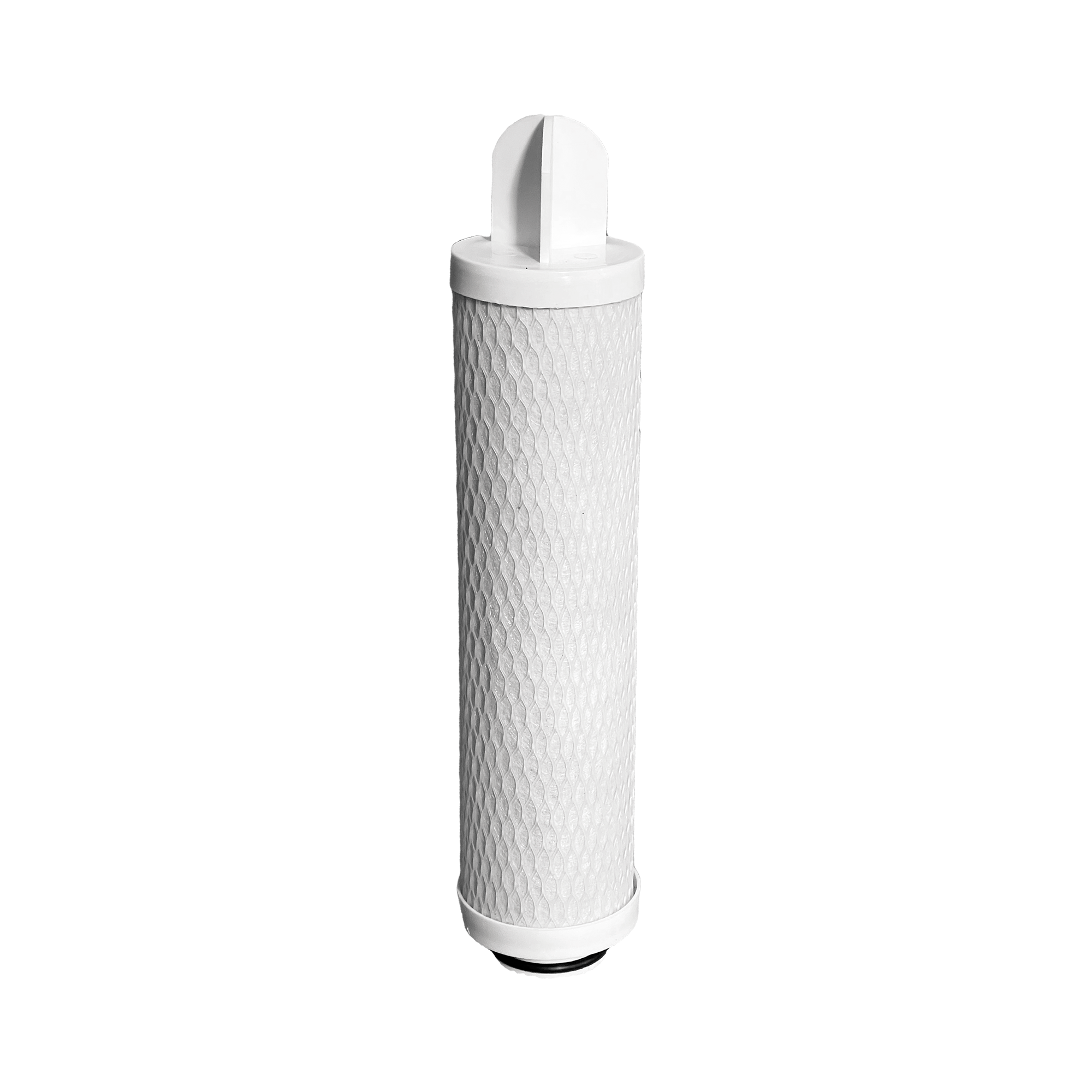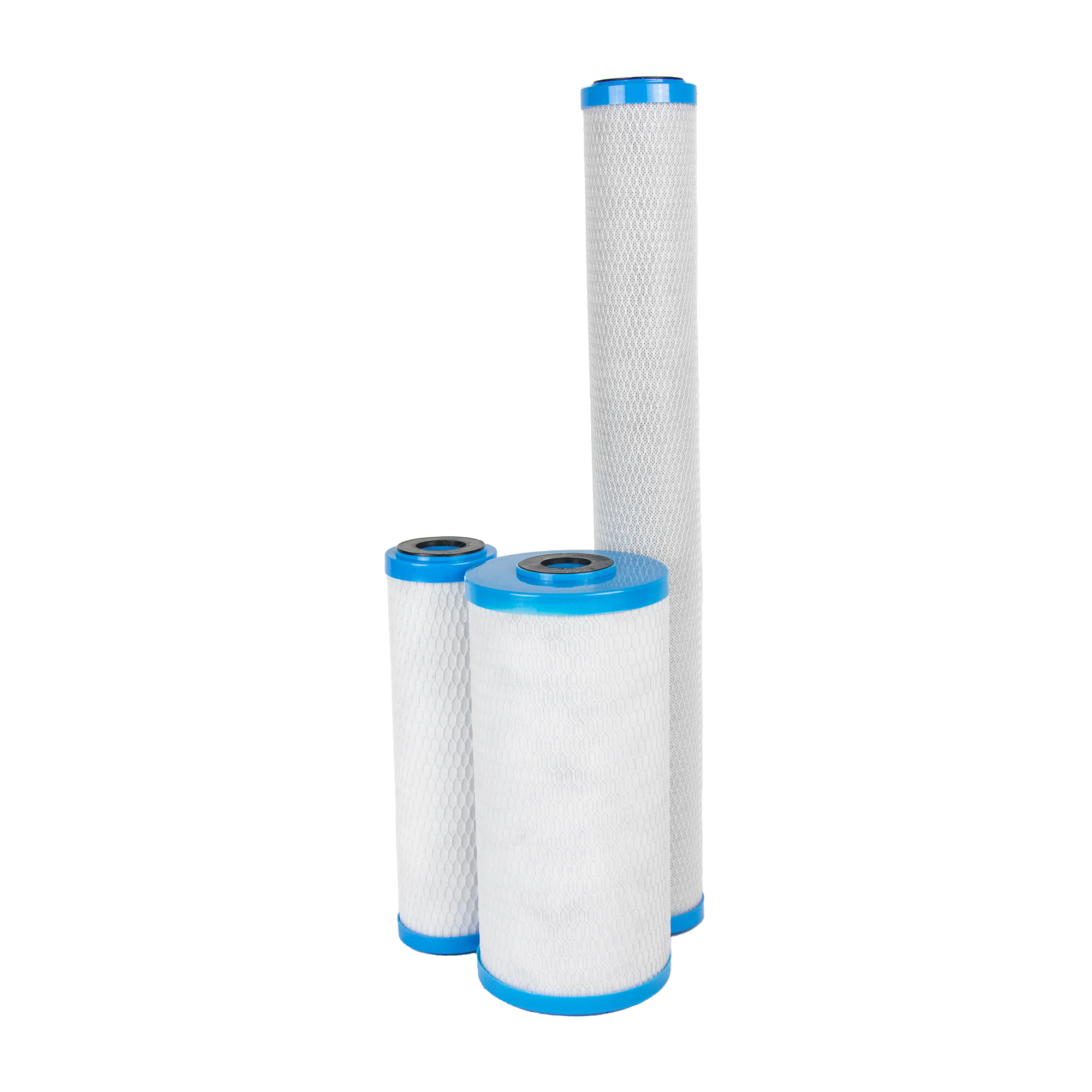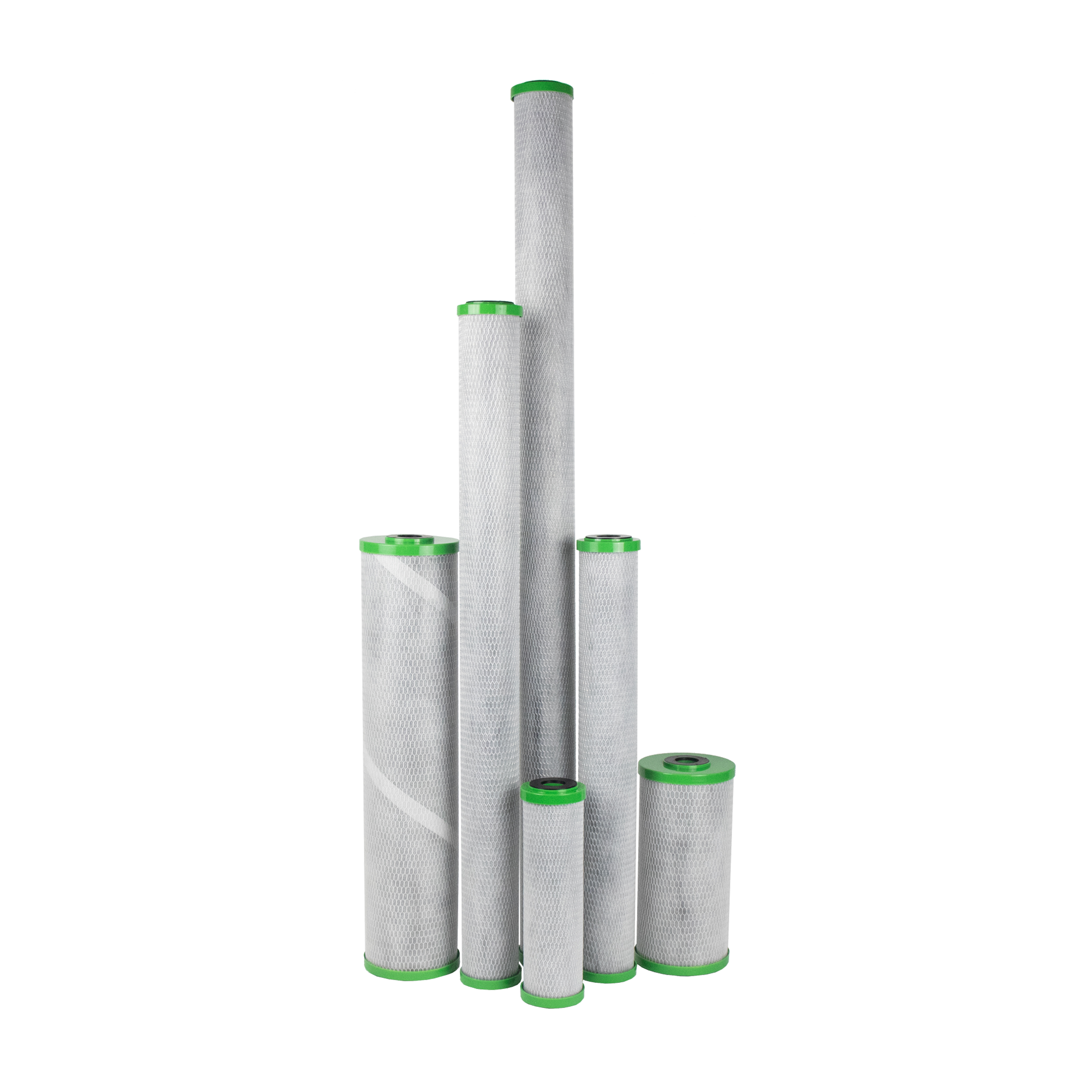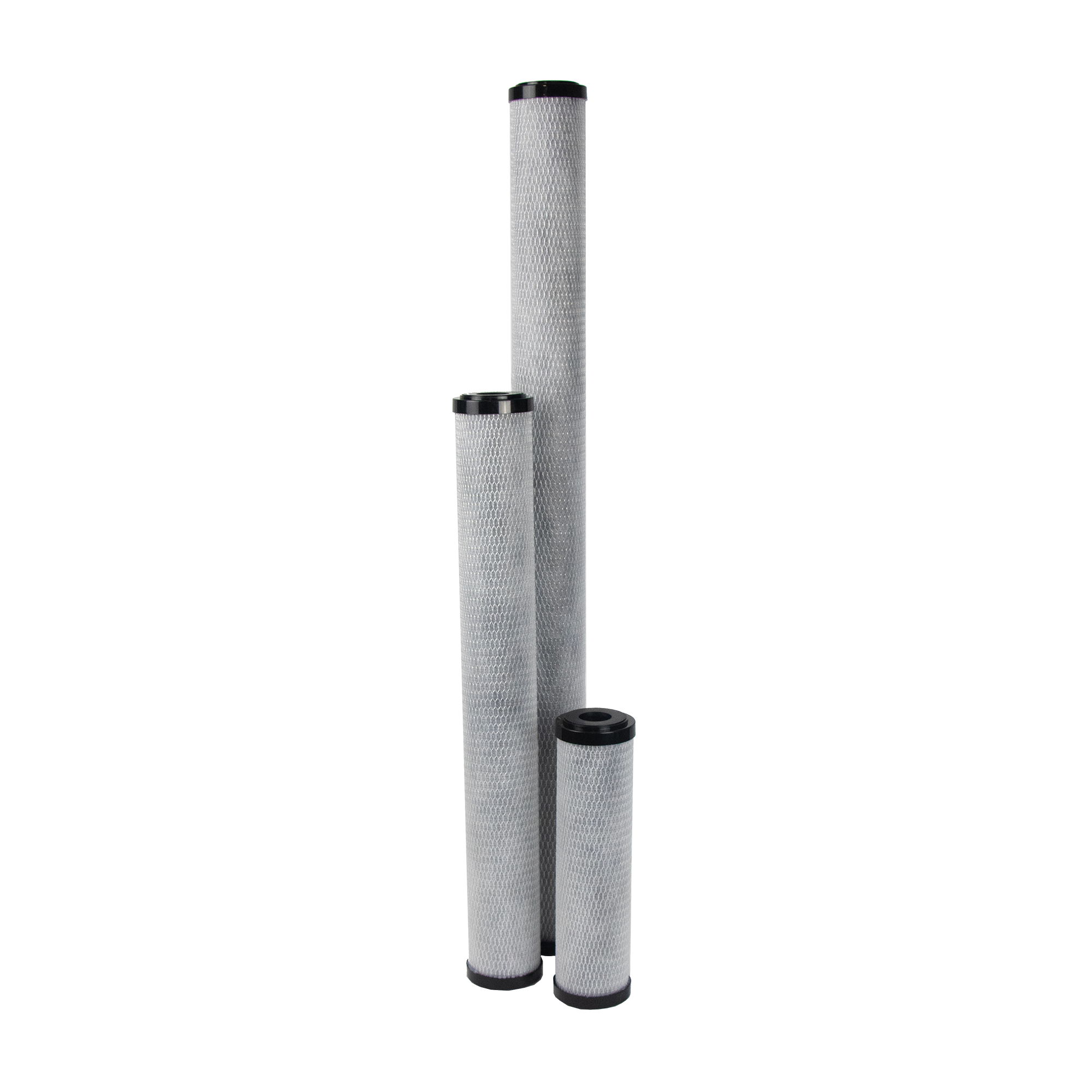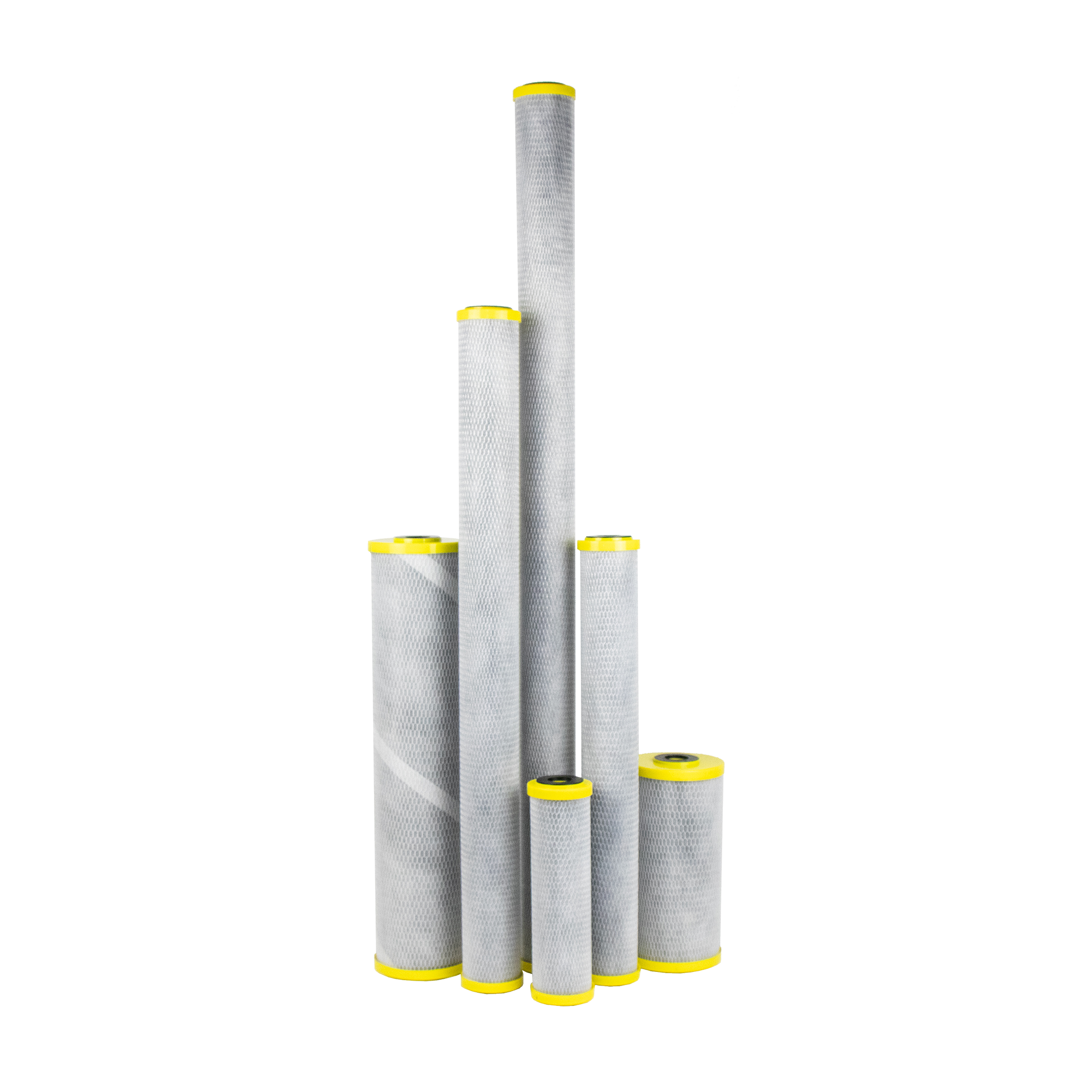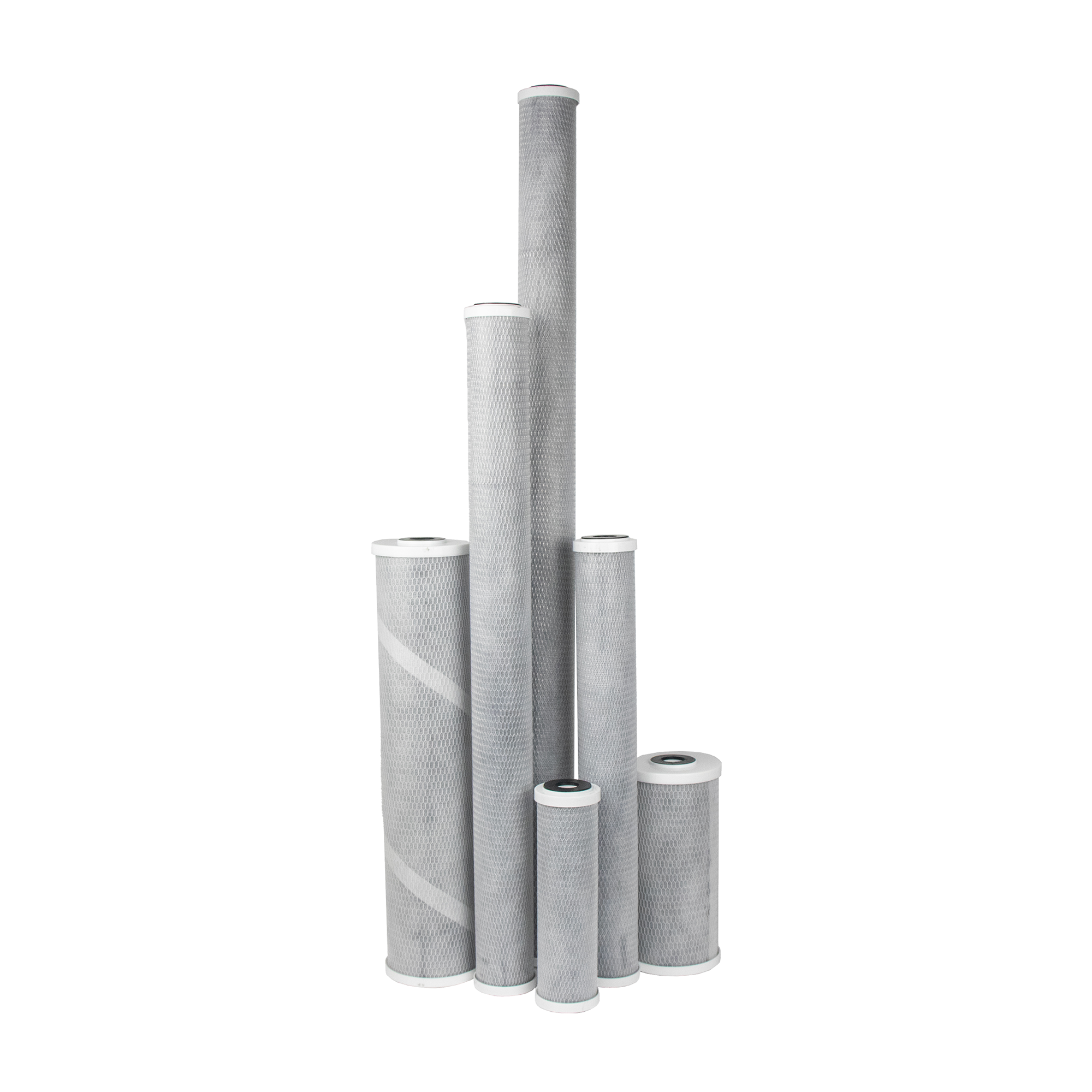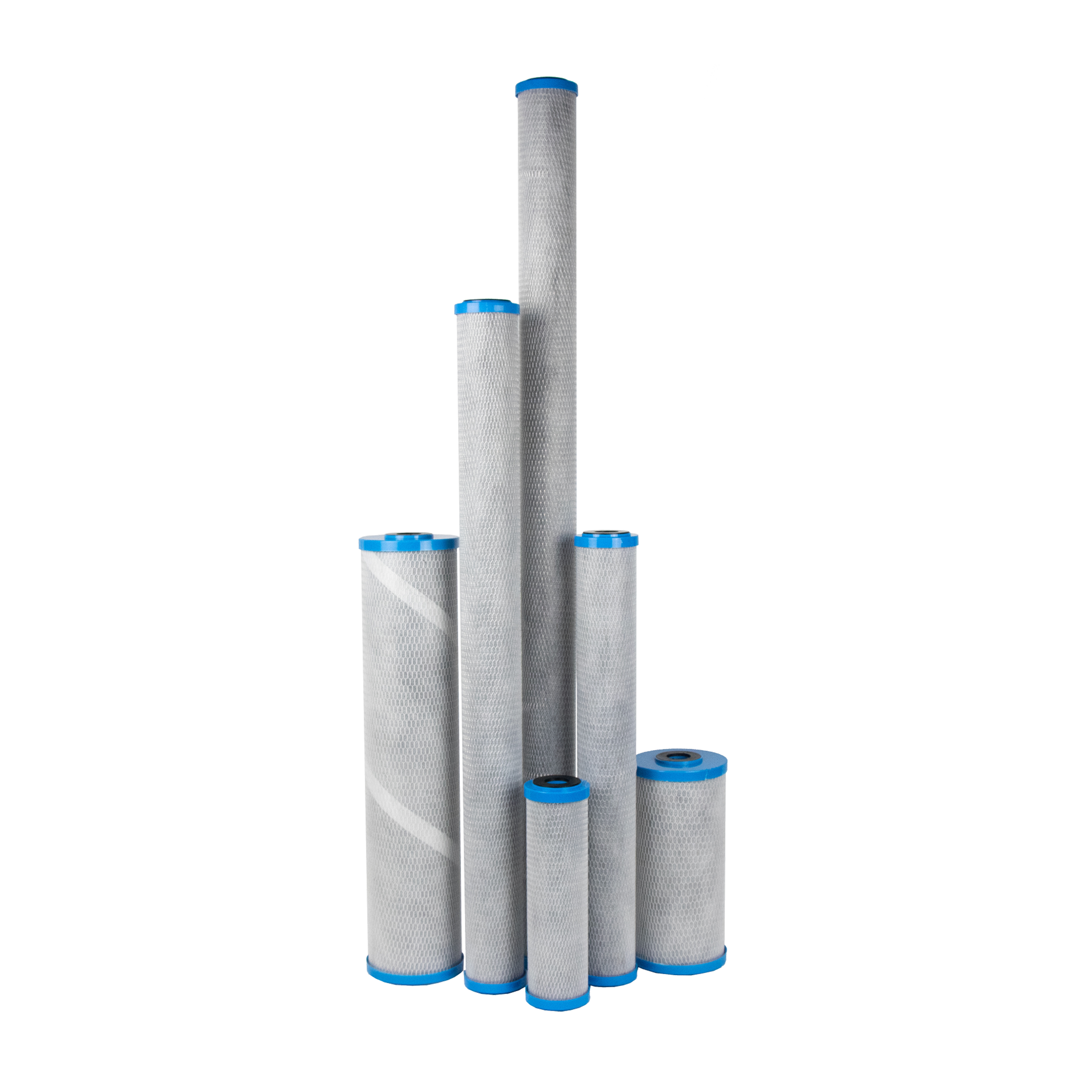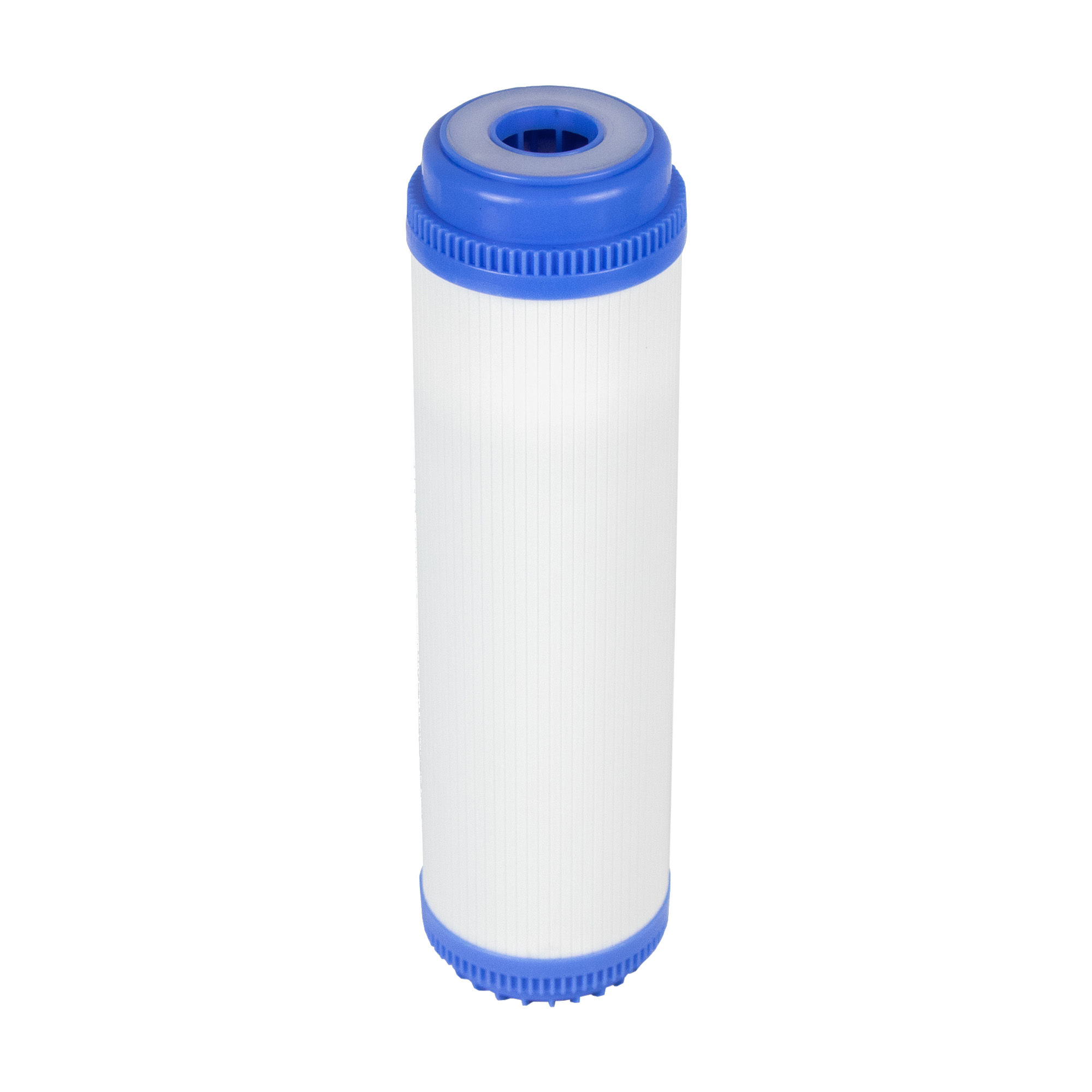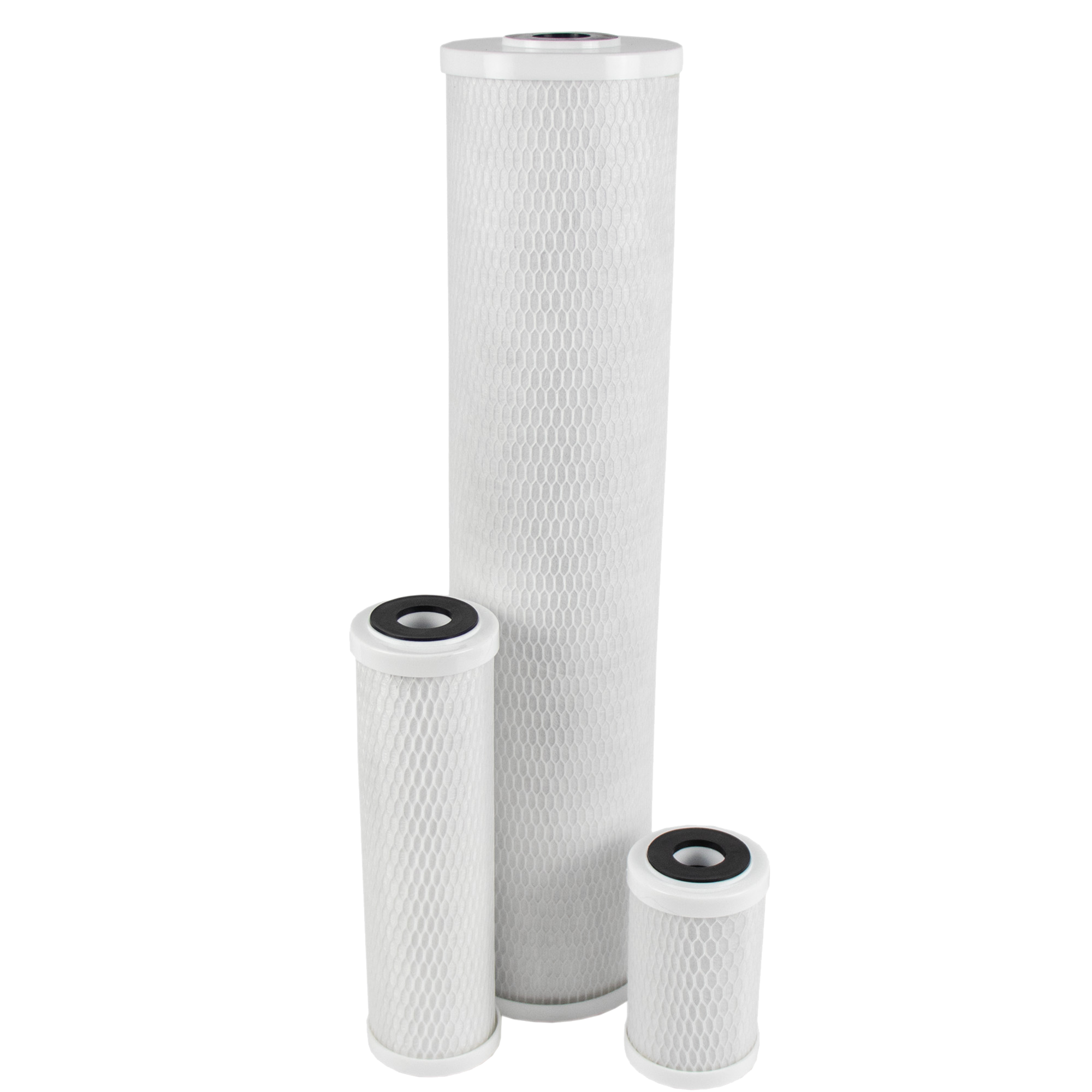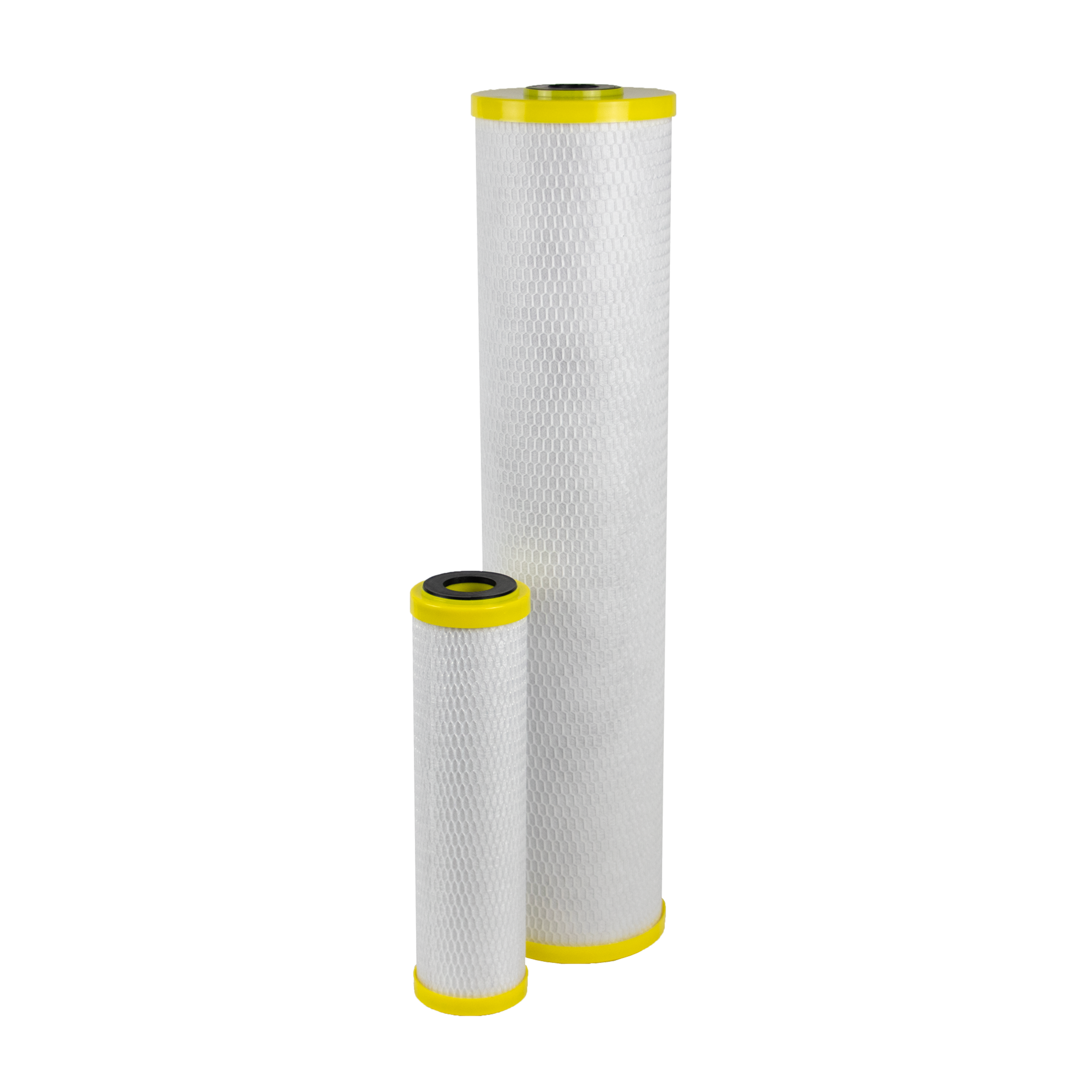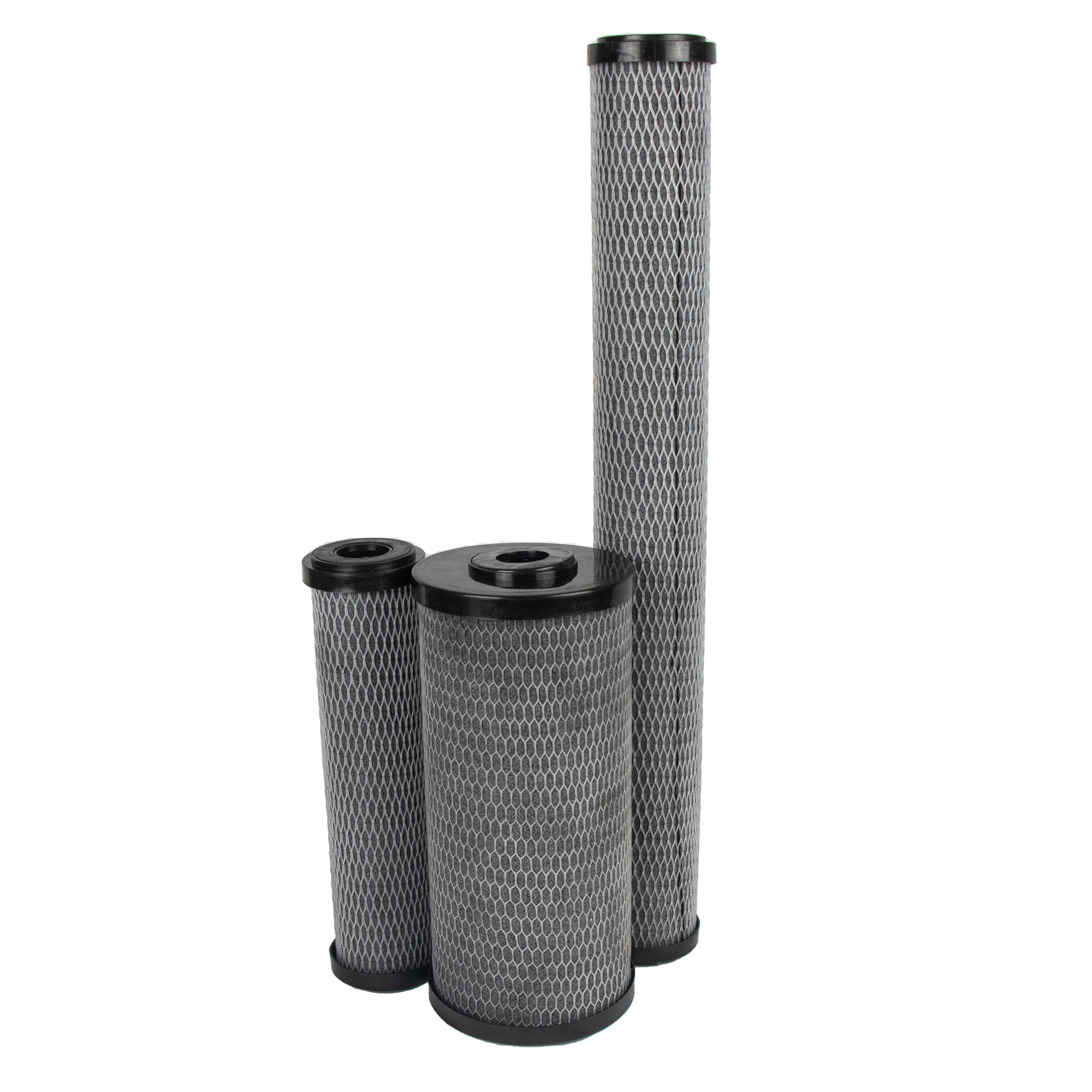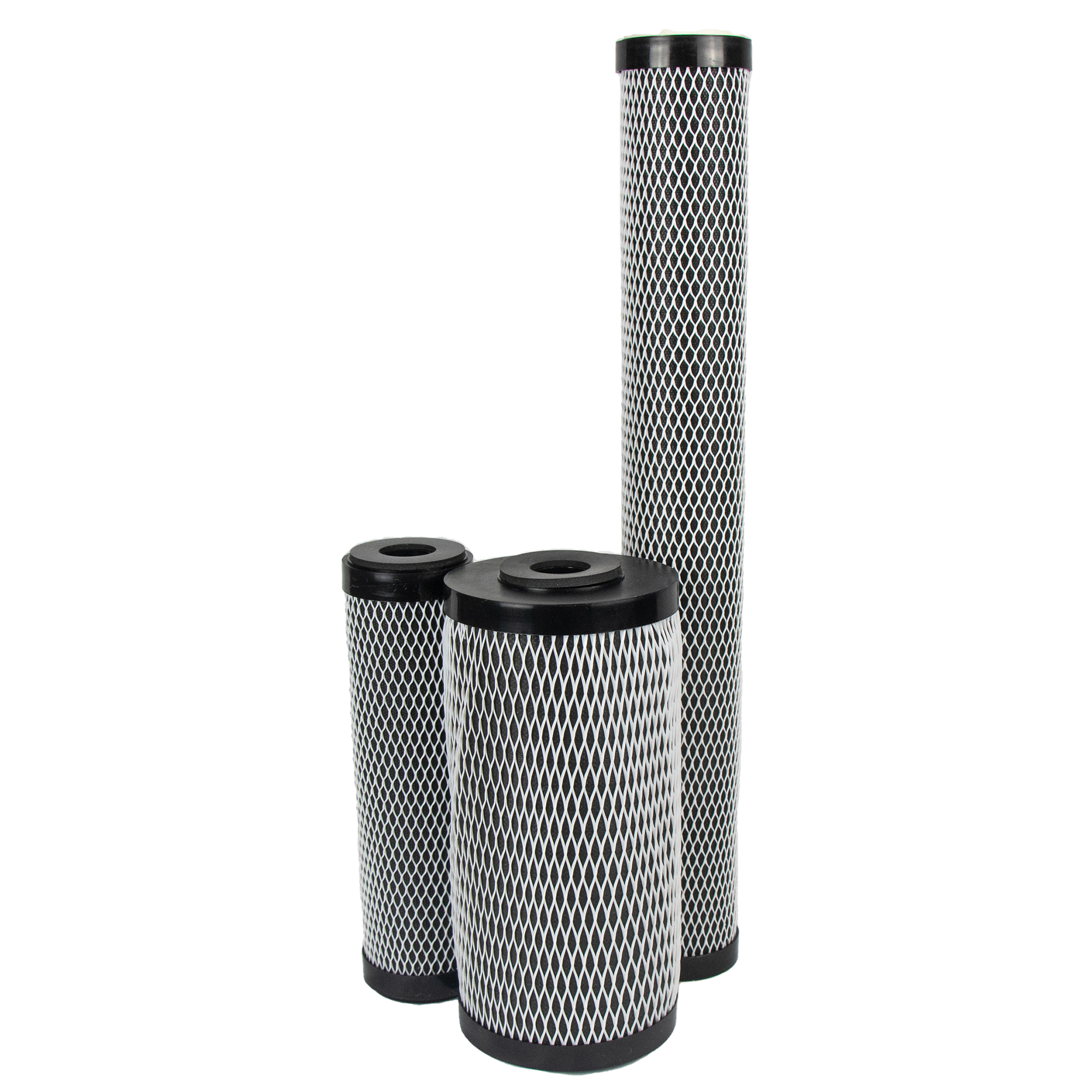Features & Information
Experience clean and purified water with SPECTRUM’s highly effective carbon filters, designed to remove contaminants, odours, and impurities, ensuring a healthier and fresher supply.
FAQs - Carbon Filters
- Improved Taste and Odour: Removes unpleasant tastes and odours from water, making it more enjoyable to drink and cook with.
- Chlorine Removal: Highly effective at removing chlorine and its byproducts from water.
- Chemical Filtration: Reduces or removes various chemical contaminants from water.
- Adsorption of Contaminants: Activated carbon has a large surface area and porous structure, allowing it to effectively adsorb a wide range of impurities.
- Versatility: Used in a variety of applications, including residential, commercial, and industrial settings.
- Cost-Effective Solution: Carbon filters offer a cost-effective filtration solution compared to other complex filtration technologies.
Carbon filters work by utilising activated carbon, a highly porous material with a large surface area. When water passes through the carbon filter, contaminants come into contact with the activated carbon. The contaminants are either adsorbed onto the carbon’s surface or undergo chemical reactions that neutralise them. This process effectively removes impurities such as chlorine, volatile organic compounds (VOCs), odours, and some heavy metals, resulting in cleaner and purer water.
Yes, here are the different types of carbon filters available from SPECTRUM, each with specific characteristics:
- Granular Activated Carbon Filters: These filters consist of loose granules of activated carbon.
- Carbon Block Filters: Made by extruding activated carbon into a solid block. They offer enhanced filtration efficiency and are commonly used in point-of-use applications.
- Impregnated Carbon Filters: These filters are infused or coated with additional materials, e.g. silver-impregnated carbon filter, to target specific contaminants.
- Catalytic Carbon Filters: Designed to target specific contaminants such as chloramine, hydrogen sulphide, or certain volatile organic compounds (VOCs).
- Carbon Fibre Filters: Uses a fibrous carbon material that offers a large surface area for adsorption.
If you can’t find the product you’re looking for in our vast range, there’s a chance that we offer bespoke production, an alternative solution or have it currently in development. Please don’t hesitate to contact us, we’ll be happy to discuss your specific requirements and help you find a suitable solution.
